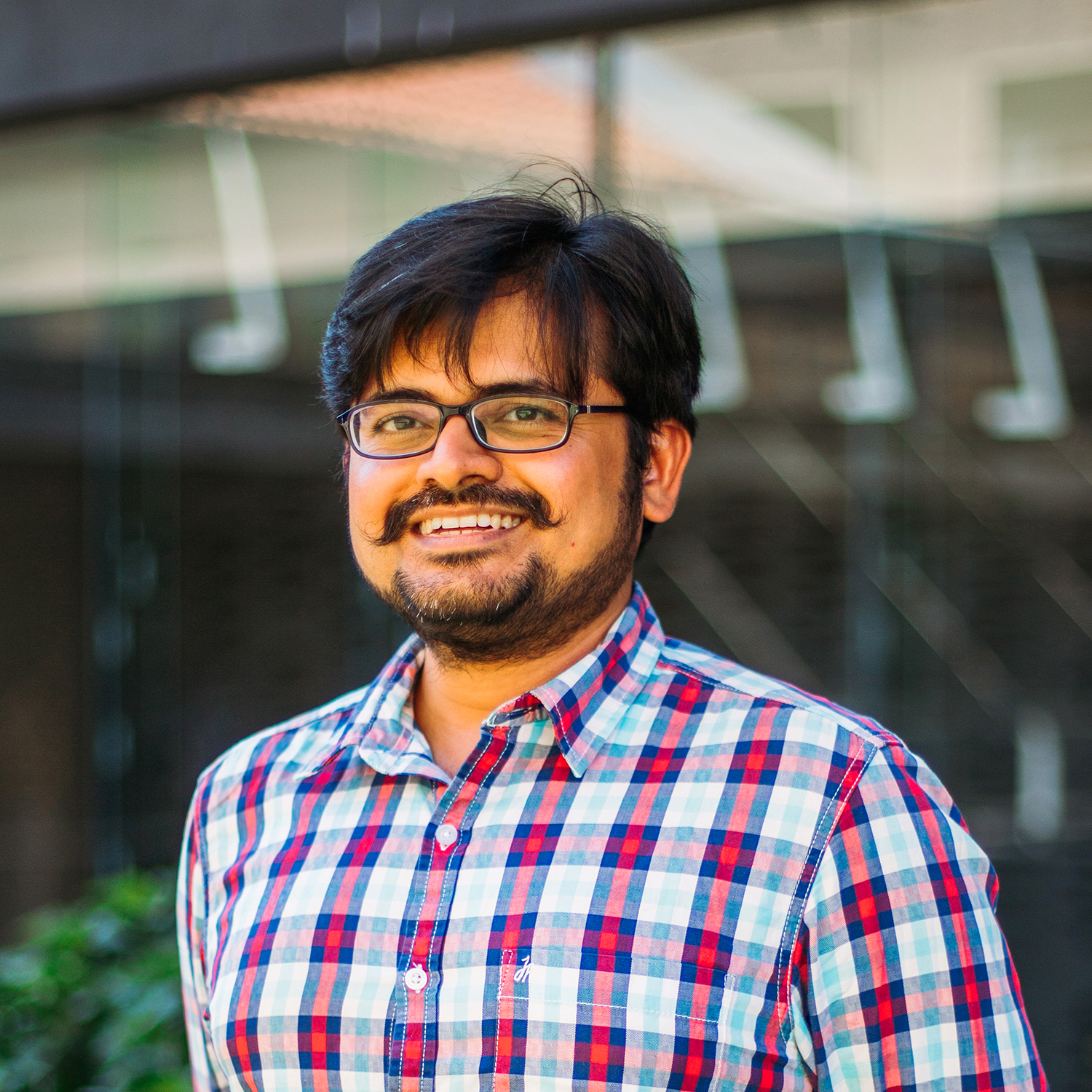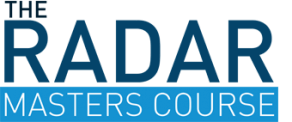
After two years of industrial experience at Wipro, an Indian multinational information technology, consulting and outsourcing service company, and at the Defence Research and Development Organisation (DRDO), an agency of the Republic of India, responsible for the development of technology for use by the military, he did his PhD at the University of Edinburgh in Scotland.
After being employed as a faculty member at the Indian Institute of Technology (IIT) in Guwahati, India, for 4-and-a-half years, he joined the University of Cape Town. He has supervised one PhD student, and more than fifteen Masters students.
His areas of interest include radar system design, and machine learning. He has published more than 15 journal papers and has two US, one UK, one South African and three Indian patents (applied) to his credit. He is a Senior Member of the IEEE.


